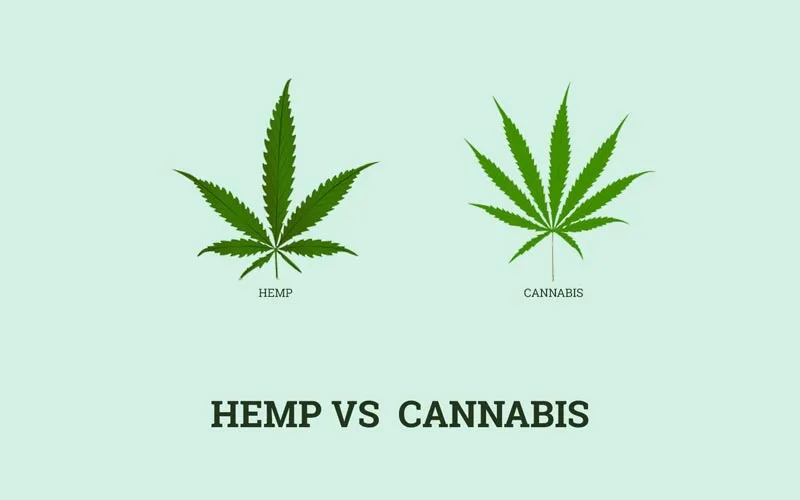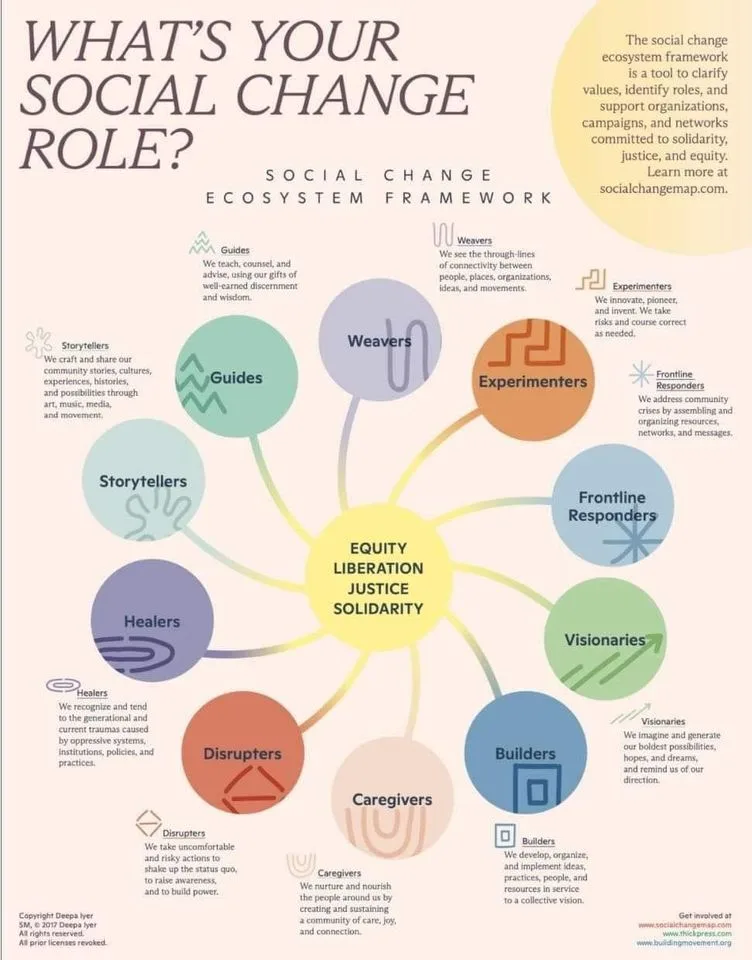[ays_poll id=’3′]
Author: Portal Hemp
Germany’s Cannabis Legalization: A Domino Effect for Europe?

Germany’s Cannabis Legalization: A Domino Effect for Europe?
Germany’s recent legalization of cannabis for adult recreational use has sent shockwaves through Europe, reigniting the debate on drug policy reform across the continent. This decision puts pressure on other European nations to re-evaluate their own cannabis laws, for several reasons:
Economic Disparity and the “Green Rush”:
- Unfair Advantage: With a legal cannabis market, Germany positions itself to reap significant tax revenue and create new jobs in cultivation, processing, and retail sectors. This could create an unfair economic advantage over neighboring countries where cannabis remains illegal.
- The Tourist Factor: Legal cannabis in Germany might attract tourists seeking cannabis experiences, potentially harming tourism industries in countries with stricter laws.
Beyond Economics: Public Health and Safety:
- Zero Cannabis Deaths: Proponents of legalization argue that criminalization has failed to curb cannabis use. They point out the absence of documented deaths directly attributable to cannabis use, unlike alcohol or tobacco.
- Stress Relief and Medical Benefits: Cannabis legalization acknowledges the potential benefits of the plant for stress relief, pain management, and other medical conditions. This aligns with a growing public sentiment towards exploring alternative therapies.
Decriminalization vs. Legalization:
- A Stepping Stone: Germany’s move might encourage other European nations to consider decriminalization as a first step. Decriminalization removes criminal penalties for possession and use, focusing on regulation and public health initiatives.
The Hemp Opportunity:
- Industrial Powerhouse: The legalization of cannabis also shines a light on the vast potential of industrial hemp, a close relative of marijuana. Hemp cultivation can create new agricultural opportunities and promote sustainable practices in various industries.
A Look Towards the Future:
The future of cannabis legalization in Europe hinges on a few key factors:
- Monitoring the German Experiment: Other European nations will likely closely monitor the social and economic impacts of legalization in Germany before making policy changes.
- Standardization and Regulation: If a domino effect occurs, Europe will need to establish standardized regulations for cannabis production, distribution, and consumption across borders.
- Public Education: Public education campaigns will be crucial to dispel myths about cannabis and promote responsible use among adults.
Germany’s bold move has undoubtedly reignited the cannabis debate in Europe. While the full impact remains to be seen, one thing is certain: the conversation around responsible cannabis regulation has reached a tipping point.
Hemp vs. Cannabis: Unveiling the Similarities Disguised by Law

Hemp vs. Cannabis: Unveiling the Similarities Disguised by Law
At first glance, hemp and cannabis might seem like entirely different plants. One conjures images of relaxation and euphoria, while the other evokes thoughts of sustainable textiles and eco-friendly materials. However, the truth is far more intriguing. Hemp and cannabis are, in fact, the same species: Cannabis sativa. Their key differences lie in cultivation methods, legal classifications, and the resulting chemical profiles.
Origins and Classifications:
Cannabis sativa originated in Central Asia and has been cultivated for thousands of years for its fiber, seeds, and medicinal properties. The legal distinction between hemp and cannabis hinges on a single cannabinoid: tetrahydrocannabinol (THC). Hemp, by legal definition (at least in the US), contains less than 0.3% THC, while cannabis exceeds this threshold. This seemingly small difference is responsible for the vast variation in effects.
Planting and Cultivation:
Both hemp and marijuana thrive in warm climates with moderate rainfall. However, cultivation methods diverge significantly. Hemp cultivation prioritizes stalk growth for fiber production. Plants are typically spaced closely, which discourages flower development – the primary source of THC in cannabis. Conversely, cannabis growers cultivate plants further apart and often manipulate light cycles to maximize flower production, leading to higher THC concentrations.
A World of Uses:
Hemp’s strength and versatility make it a valuable resource. Its fibers are used to create sustainable textiles, clothing, construction materials, and even bioplastics. Hemp seeds are a nutritional powerhouse, rich in protein and healthy fats. The oil extracted from the seeds finds applications in cosmetics, food products, and industrial lubricants.
Cannabis, on the other hand, is primarily known for its psychoactive effects. The THC in its flowers is responsible for the “high” associated with cannabisuse. However, cannabis also contains other cannabinoids (over a hundred), like cannabidiol (CBD), which hold promise for various medical applications, including pain management, anxiety relief, epilepsy treatment and shows promissing results for cancer-therapy.
The Future Outlook:
The outlook for both hemp and cannabis is positive. As research into the potential benefits of hemp expands, its applications in various industries are expected to grow. The legalization of cannabis for recreational or medicinal purposes in many regions is also fostering a more open discussion about the therapeutic potential of the plant.
Beyond Specificity:
While the legal definitions, cultivation practices, and final products differ, it’s crucial to remember that hemp and cannabis share the same genetic makeup. The way we nurture and cultivate this versatile plant shapes its chemical profile and ultimately determines its classification and use.
In Conclusion:
Hemp and cannabis are not separate species; they are two sides of the same coin. By understanding the impact of cultivation methods on the chemical composition of Cannabis sativa, we unlock the vast potential of this remarkable plant for a sustainable future and the exploration of its therapeutic applications.
What’s your Social Change role?

What’s Your Social Change Role? Aligning Values with Action in the Social Change Ecosystem
Have you ever felt overwhelmed by the sheer number of social issues demanding attention? From climate change to racial injustice, the problems seem vast, and the path forward unclear. But what if, instead of feeling helpless, you could identify a specific role within a larger movement, allowing you to contribute your unique skills and passions?
This is where the Social Change Ecosystem Framework comes in. Developed by Deepa Iyer, this framework helps individuals understand the interconnected nature of social change efforts and identify their ideal role within the broader ecosystem.
The Ecosystem: A Network of Action
Imagine a thriving ecosystem, teeming with diverse life forms. Each species plays a crucial role in maintaining the overall balance. Similarly, the Social Change Ecosystem Framework views social change as a collaborative effort with various individuals and organizations fulfilling distinct functions.
The Framework’s Core:
At the heart of the framework lies a shared vision of equity, liberation, inclusion, and justice. This forms the foundation for all actions within the ecosystem.
Ten Key Roles:
- Weavers: These individuals connect disparate groups and build bridges across divides. They foster collaboration and coalition-building, ensuring a unified front for social change.
- Holders: These are the watchdogs, holding institutions and power structures accountable for their actions. They ensure transparency and prevent injustices from going unchecked.
- Disruptors: These are the catalysts for change, often using creative and unconventional methods to challenge the status quo and raise awareness of social issues.
- Healers: They provide emotional support and care for those directly impacted by social injustices. They foster resilience and well-being within the movement.
- Storytellers: These individuals use their creative talents to capture the essence of the movement and communicate its message effectively. They inspire and engage others through powerful narratives.
- Givers: They contribute their resources, be it time, money, or expertise, to support the movement’s ongoing efforts.
- Strategists: These are the planners and organizers, developing effective strategies and allocating resources to maximize the impact of social change initiatives.
- Educators: They empower others by providing knowledge and skills necessary to advocate for change. They bridge the gap between knowledge and action.
- Policy Advocates: They work within existing power structures, lobbying for policies that promote equity and justice. They translate grassroots concerns into actionable legislation.
- Sustainers: These individuals ensure the long-term viability of the movement. They focus on fundraising, infrastructure development, and building the movement’s capacity for long-term impact.
Finding Your Role:
The first step is to identify your own values and the specific cause you’re passionate about. Reflect on your strengths and skills: are you a natural communicator, an analytical problem-solver, or a creative thinker? Once you have a sense of your strengths and the cause that ignites you, explore the ten roles within the Social Change Ecosystem Framework.
By aligning your values, skills, and passion with a specific role, you can become a valuable contributor to a larger movement. Remember, social change isn’t a solo act; it’s a collaborative effort where every role plays a vital part.
So, what’s your social change role? Start exploring, and join the movement for a more just and equitable world!
Gamifying the Green Revolution: A Grassroots Approach to Environmental Turnaround

Gamifying the Green Revolution: A Grassroots Approach to Environmental Turnaround
I. Introduction
- A. The urgency of environmental action: Climate change, pollution, and resource depletion necessitate drastic change.
- B. Traditional methods’ shortcomings: Top-down regulations and guilt-trips often fail to create lasting behavioral change.
- C. The power of gamification: Leveraging game mechanics to incentivize pro-environmental behavior.
II. The Hemp Solution
- A. Hemp’s versatility: A sustainable alternative for numerous products, from clothing to biofuels.
- B. Environmental benefits: Hemp cultivation improves soil health, reduces water usage, and captures carbon dioxide.
III. The Gamification Framework
- A. Building a mobile app: A user-friendly platform accessible to a broad audience.
- B. Core mechanics: Points, badges, leaderboards, and challenges to motivate participation.
IV. Rewarding Positive Actions
- A. Learning and education: Points and badges for completing educational modules on environmental issues and hemp solutions.
- B. Sustainable living: Points for eco-friendly actions like using reusable bags, reducing energy consumption, and planting trees.
- C. Community improvement: Points for organizing community clean-up events, promoting local hemp businesses, and advocating for sustainable policies.
V. Disincentivizing Unsustainable Choices
- A. Educational nudges: Informational pop-ups highlighting the environmental impact of using polluting products.
- B. Virtual taxes: Simulating the cost of pollution through in-app “taxes” on unsustainable purchases.
- C. Social pressure: Leaderboards showcasing individuals contributing the most to environmental damage (gamified shame).
VI. Integrating Hemp
- A. Quests and challenges: Tasks promoting the use of hemp products and encouraging participation in the hemp economy.
- B. Virtual rewards: Unlocking discounts or coupons for hemp products within the app.
- C. Knowledge sharing: Educational modules dedicated to the benefits and applications of hemp.
VII. Grassroots Movement and Community Building
- A. Collaboration and competition: Teams representing neighborhoods or communities compete for eco-points.
- B. Local partnerships: Collaborating with businesses and organizations to offer real-world rewards for in-app achievements.
- C. Social media integration: Sharing achievements and challenges to inspire others and amplify the movement.
VIII. Conclusion
- A. Gamification’s potential for lasting change: Fun and engaging approach to fostering long-term sustainable habits.
- B. Empowering the public: Grassroots movement driven by individual action and community collaboration.
- C. The future of environmental action: The gamified Green Revolution, fueled by the power of hemp.
Additional Considerations:
- Data privacy and security measures.
- Balancing competition with inclusivity.
- Long-term sustainability of the gamified platform.
- Integrating educational resources and fostering critical thinking skills.
By implementing this gamified approach, we can create a fun and engaging way to encourage environmental responsibility, community action, and a shift towards a sustainable future powered by hemp. This grassroots movement has the potential to empower individuals, build stronger communities, and ultimately, achieve a significant environmental turnaround.
Open Source, Open Minds: How Transparency Fuels Innovation at The Hemp Nation Group

The Hemp Nation Group’s vision for a sustainable future built on hemp is not just about the power of the plant itself; it’s about the power of collaboration and shared knowledge. This philosophy is embodied in the very foundation of our Portal Hemp Platform – an open-source powerhouse designed to cultivate a global network of passionate minds.
Why Open Source? Fostering Innovation Through Transparency
Traditional, closed-source platforms can stifle innovation. By embracing open-source principles, the Portal Hemp Platform unlocks a world of possibilities:
- Collective Problem-Solving: The open exchange of code allows developers from around the world to contribute to the platform’s development. This fosters a collaborative environment where complex challenges can be tackled with a collective brainpower, leading to faster and more innovative solutions.
- Adaptability and Modularity: The open-source architecture allows for easy customization and integration with existing technologies. Developers can create modules that address specific needs within the hemp industry, fostering a constantly evolving and adaptable platform.
- Security Through Transparency: Open-source code is subject to public scrutiny, which strengthens the platform’s security. Potential vulnerabilities are quickly identified and addressed by the global developer community.
Beyond Technology: Open Knowledge for a Humanistic Future
The Portal Hemp Platform’s commitment to openness extends beyond the technical realm. It embraces an open-knowledge ideology that prioritizes the free flow of information:
- Democratizing Knowledge: By making hemp-related knowledge readily accessible, we empower individuals and organizations to participate in the hemp revolution, regardless of their background or resources.
- Breaking Down Silos: Open knowledge fosters collaboration across disciplines and industries. Scientists, entrepreneurs, farmers, and consumers can all learn from each other and work together to unlock hemp’s full potential.
- Building Trust: Transparency in knowledge fosters trust within the hemp community. Everyone has access to the same information, creating a level playing field and encouraging collaboration for the greater good.
The Humanistic Core of The Hemp Nation Group
At The Hemp Nation Group, we believe that technology should serve humanity, not the other way around. The open-source architecture of the Portal Hemp Platform reflects this core value. It empowers individuals, fosters collaboration, and prioritizes the well-being of the planet and its inhabitants.
By embracing open source principles and open knowledge ideology, The Hemp Nation Group is not just building a platform; we’re building a movement. A movement driven by a shared vision of a sustainable future, powered by the collective power of a global hemp community. Join us on this journey of open collaboration and innovation – together, let’s unlock the true potential of hemp for a better tomorrow.